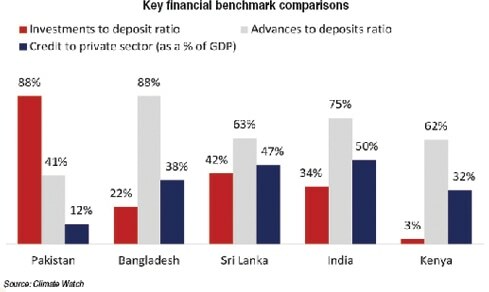NEW YORK, Nov 15: Closing millions of accounts, cutting credit lines and raising interest rates are just some of the moves credit card issuers are using to try to inoculate themselves from a tsunami of expected consumer defaults.
Still, the measures may fall short in containing a growing area of stress on banks’ balance sheets that some experts say could rival the subprime crisis.
“It’s so similar to the mortgage situation that it is shocking when you think about it,” former Goldman Sachs chairman John Whitehead said at the Reuters Global Finance Summit.
And even though credit card debt is only a fraction of mortgages, it will be another unwanted hit to major issuers like JPMorgan Chase & Co, Citigroup Inc., American Express Co and Discover Financial Services who cannot afford another round of heavy losses.
“We’ve never had so much debt with the unemployment rate heading towards 8 per cent,” said Walter Todd, a portfolio manager at Greenwood Capital Associates. “It’s hard to run a model because it has never happened before.”
Outstanding consumer credit has more than doubled since 1994, the last time unemployment was at current levels, and it is seven times higher than in 1982, when unemployment peaked at 9.7 per cent. Some economists expect unemployment in the current slowdown to top out at 9 per cent.
Cascade effect?
Financial institutions globally have already written down more than $500 billion in toxic loans and other bad assets as a result of the credit crisis sparked by the meltdown in the US housing market.
Trying to avoid a repeat of the subprime crisis US banks have been tightening credit card lending standards especially in states such as California and Florida that were hardest hit by the housing downturn.
“If you are not fearful, you’re crazy,” said Jamie Dimon, JPMorgan’s chief executive, in his last conference call with analysts, adding that the bank was doing its best to modify the terms of credit card agreements where it sees danger. According to a Federal Reserve report, 60 per cent of banks surveyed had made it tougher to qualify for a credit card account since July, and half of them had lifted credit scores required on credit card accounts.
In addition, the number of credit card offers sent by mail has declined to its lowest point in over three years, according to research firm Mintel Compermedia.
“Now we are looking for even greater ability to handle debt and we’ve changed our criteria in different geographies,” said Roger Hochschild, president and chief operating officer of Discover, in an interview with Reuters.
Citigroup said on Friday it was raising interest rates on some cardholders, though it did not say how much they would be raised or how many customers would be affected.
The Wall Street Journal reported the increase would be by an average of three percentage points and affect millions of customers.
Others have also had to take tough measures to fight higher credit losses. American Express will cut 7,000 jobs, investments and expenses to save $1.8 billion next year. In addition, this week the company transformed itself into a bank to have access to cheaper funding and government money.
More companies could follow in American Express’ footsteps, analysts said.
The outlook for the holiday season, which is emerging as a major test for the market, is discouraging. Consumers are growing more frugal and analysts are predicting the worst Christmas sales in nearly 20 years.
Retailers from Wal-Mart Stores Inc to Abercrombie & Fitch are cutting earnings and sales outlook, while forecasting higher markdowns.
“I wouldn’t be surprised to see double digit drops in same-store sales for Christmas, and if that happens that is a disaster for the retail industry, for the credit card industry, and eventually for the bank industry as well,” said James Ellman, president of hedge fund Seacliff Capital.
“Unfortunately, the US consumer may have a significant incentive ... to run up whatever he can with his credit card to get through Christmas and then maybe default early next year,” he added. Ellman said net charge-offs, a common measure of credit card defaults, could rise to 10 per cent on average next year.
JPMorgan’s charge off rate has increased to 5 per cent in the third quarter from 3.64 per cent a year ago, while Bank of America’s rose to 6.4 per cent from 4.67 per cent.
If bad debt increases dramatically, banks could be forced to set aside billions of dollars more to cover the losses, hurting their recovering outlook.
“The focus has been on provisioning elsewhere, especially in the housing and mortgage sector. They have not provisioned enough for their credit card portfolio,” Todd said.—Reuters












































Dear visitor, the comments section is undergoing an overhaul and will return soon.